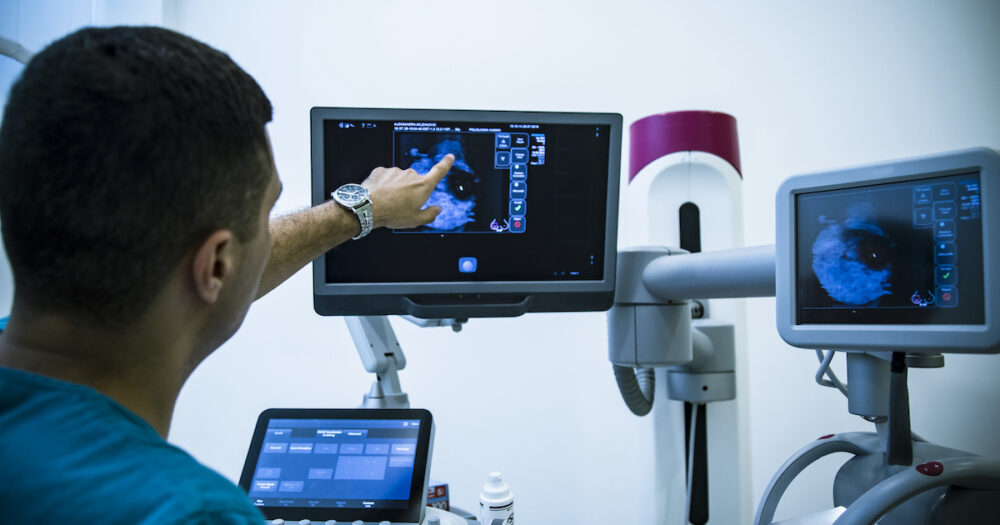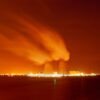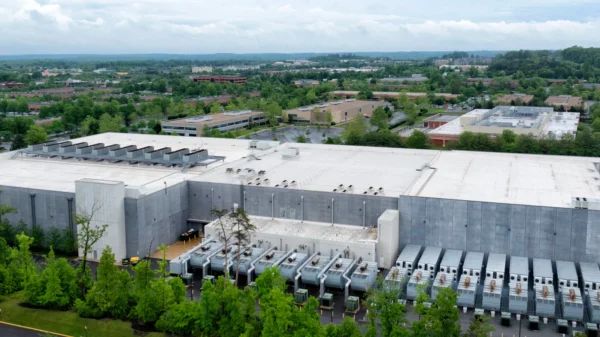Artificial intelligence (AI) may serve as a practical skin cancer screening aid, according to a new study from Dalhousie University.
Published in late December, the researchers specified their recruitment criteria to people over 18 who had concerns about lesions on their skin.
Participants meeting specific criteria took images of the lesions and uploaded them to an AI system called FotoFinder, developed by Germany-based FotoFinder Systems Inc. The AI algorithm then analyzed whether a lesion required removal due to its cancerous nature.
Additionally, four specialists involved in treating skin, nail, and hair diseases, independently assessed the images, and provided own analysis without prior knowledge of the AI’s results.
“FotoFinder’s AI demonstrated comparable and adequate ability to detect skin cancers like melanoma when compared to experienced dermatologists,” said Madeleine Crawford, the paper’s author and a third year medical student.
The AI system is equipped with a specialized camera capable of detecting deeper skin structures invisible to the naked eye. It assessed nearly 400 lesions from 318 self-referred patients who participated in the study.
“Out of the six melanomas missed by the artificial intelligence, all of the participating dermatologists also overlooked three to five of them,” Crawford said.
Read more: New York Times sues OpenAI and Microsoft for copyright infringement
Read more: Google launches its most advanced AI platform: Gemini
Artificial intelligence reliably helps with breast cancer detection
This isn’t the first time AI has been used to help with early cancer detection.
Last year researchers discovered that AI reliably help with breast cancer detection, while simultaneously reducing the demanding workload for radiologists.
According to the World Health Organization, breast cancer receives more than 2.3 million diagnoses annually, making it the most common cancer among adults. In most countries, it ranks as one of the top two leading causes of cancer deaths in women.
Research demonstrates that early detection and treatment can save lives. Two recent studies indicate that specific applications of AI performed comparably to highly trained radiologists in increasing screening capacity and improving the identification of high and low-risk breast cancer cases.
Two recent studies demonstrate that specific applications of AI performed similarly to highly trained radiologists in increasing screening capacity and improving the identification of high and low-risk breast cancer cases.
“I think that breast imaging, especially mammography, is one of the front runners when it comes to the maturity of these AI tools,” said Kristina Lång, lead author on one of the studies.
.
Follow Joseph Morton on Twitter
joseph@mugglehead.com














